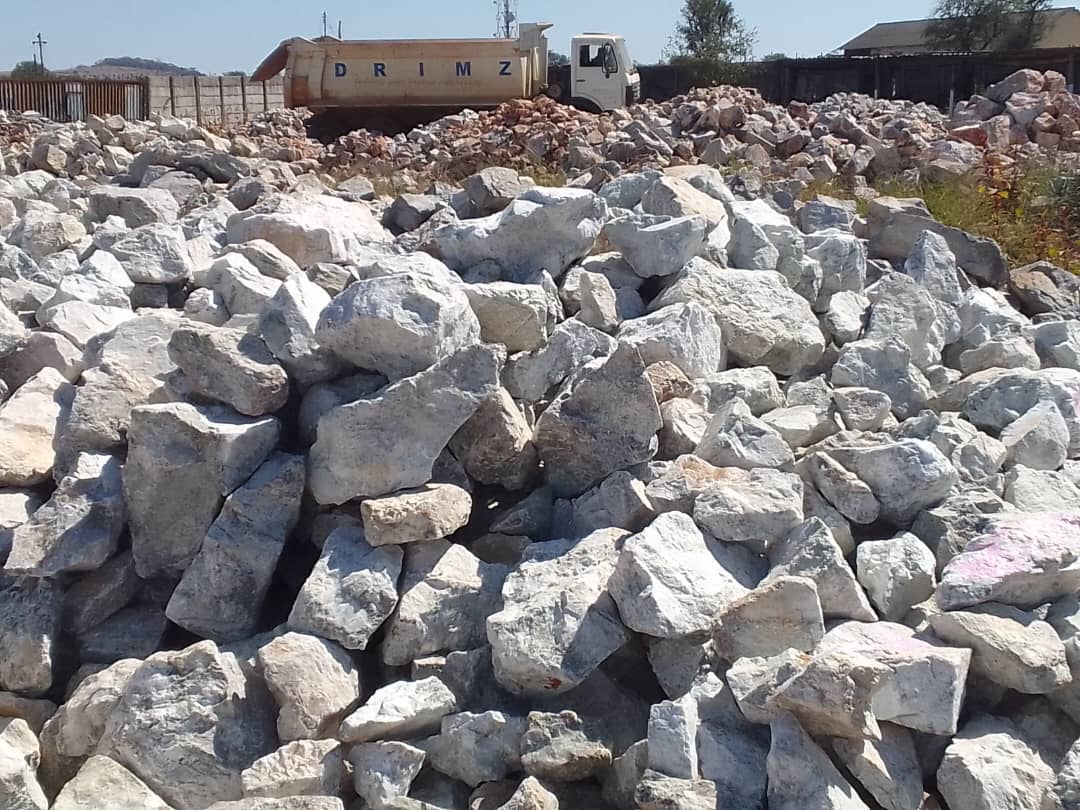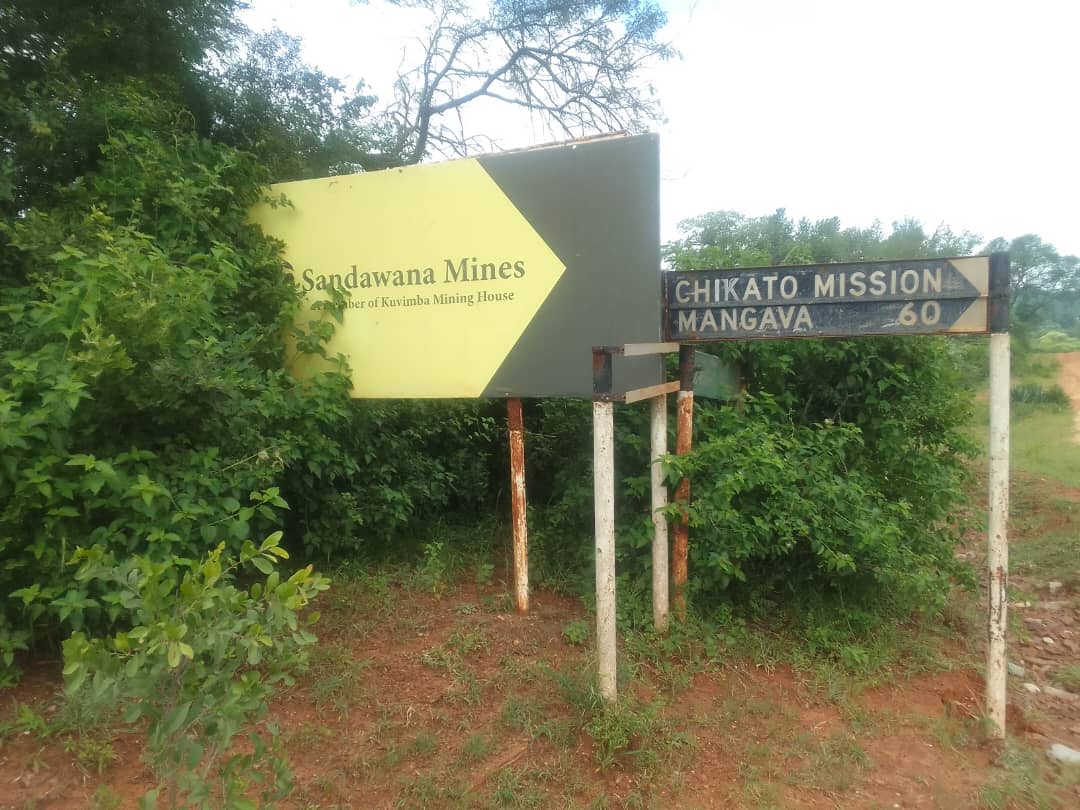Trymore Tagwireyi
Zimbabwe’s lithium mining sector has emerged as a major driver of economic growth, attracting significant foreign direct investment, particularly from Chinese companies. This surge has led to increased employment, revitalized local economies, and a dramatic rise in export earnings.
Chinese firms have invested in several major lithium mines across the country, including Arcadia Mine (Goromonzi), Sandawana Mine (Mberengwa), Bikita Minerals (Bikita), Sabi Star Mine (Buhera), and Zulu Lithium Mine (Insiza). These operations have created over 5,000 jobs and brought new life to surrounding communities.
With global demand for lithium surging, fuelled by the rise of electric vehicles and clean energy technologies, Zimbabwe has positioned itself as a key player in the global supply chain. Chinese Ambassador to Zimbabwe, Zhou Ding, recently reaffirmed China’s commitment to Zimbabwe’s economic transformation, particularly through value addition in the mining sector.
According to the Chamber of Mines, Zimbabwe earned US$209 million from lithium exports in the first nine months of 2023, a significant jump from just US$1.8 million in 2018. By the end of 2023, earnings had soared to US$674 million, a remarkable increase from US$70.6 million in 2022. This over 850% surge was driven by rising production and investment.
A report by the China Global South Project notes that since 2021, Zimbabwe’s lithium sector has attracted more than US$1.2 billion in investment and created over 5,000 jobs. It also highlighted that Chinese investment led to an 800% increase in lithium exports, from US$7 million in 2022 to over US$600 million in 2024.
The government sees lithium as central to achieving its National Development Strategy 1 (NDS1) and Vision 2030, which aim to transform Zimbabwe into an upper-middle-income country. In the 2025 national budget, Finance Minister Professor Mthuli Ncube projected a 7.4% growth in the mining sector in 2024, driven by investments in lithium, gold, and platinum group metals.
Read more: Of their own lithium, communities getting only crumbs
Zimbabwe’s conflict lithium and the marginalization of locals
According to the Harare-based think tank Ruzivo Media and Resource Centre, led by Tichaona Zindoga, Zimbabwe’s mining sector continues to play a critical role in the economy, contributing 12%–15% of GDP and accounting for 70% of export earnings.
“The sector has shown remarkable resilience and growth. Both raw and value-added mineral exports reached US$5.34 billion in 2024, exceeding the initial target of US$4 billion since Chinese investors entered the industry,” said Zindoga.
Challenges and Controversies
Despite these economic gains, the lithium boom has not been without controversy. Allegations of corruption, elite capture, and illicit financial flows estimated at US$12 billion have cast a shadow over the sector. Reports of human rights violations, including forced evictions, child labor, and environmental degradation, have emerged, particularly in Chinese-operated mines.
In Buhera, Mukwasi village families were displaced to make way for the Sabi Star Mine and were compensated only US$2,000, sparking public outrage. Similar incidents have occurred at George Nollen Farm in Bikita.
To promote local beneficiation, the government imposed a ban on the export of unprocessed lithium. While this policy aims to encourage value addition within Zimbabwe, critics argue that the country lacks sufficient refining infrastructure. As a result, artisanal miners have been sidelined from the value chain, leading to increased unemployment.
Rising competition for lithium-rich land has sparked class-based conflicts involving elites, local miners, and security forces. Violent evictions underscore growing tensions over access to the resource.
Civil society organizations are warning that the unregulated expansion of green mineral mining could lead to resource grabbing, environmental destruction, and deepening social inequalities. They are calling for improved transparency, stronger governance, and more equitable sharing of mining benefits.
Farai Maguwu, director of the Centre for Natural Resource Governance (CNRG) said while there is a boom, the rewards can barely be seen by the majority as the powerful few amass all the wealth.
“Mining remains an enclave economy where benefits are not equitably shared. These resources should serve all Zimbabweans. The government must take action against environmental crimes, mineral smuggling, and tax evasion, especially involving Chinese nationals.
“With Chinese companies dominating the lithium sector, concerns persist about labour exploitation, community displacement, and environmental harm in their areas of operation,” said Maguwu.








